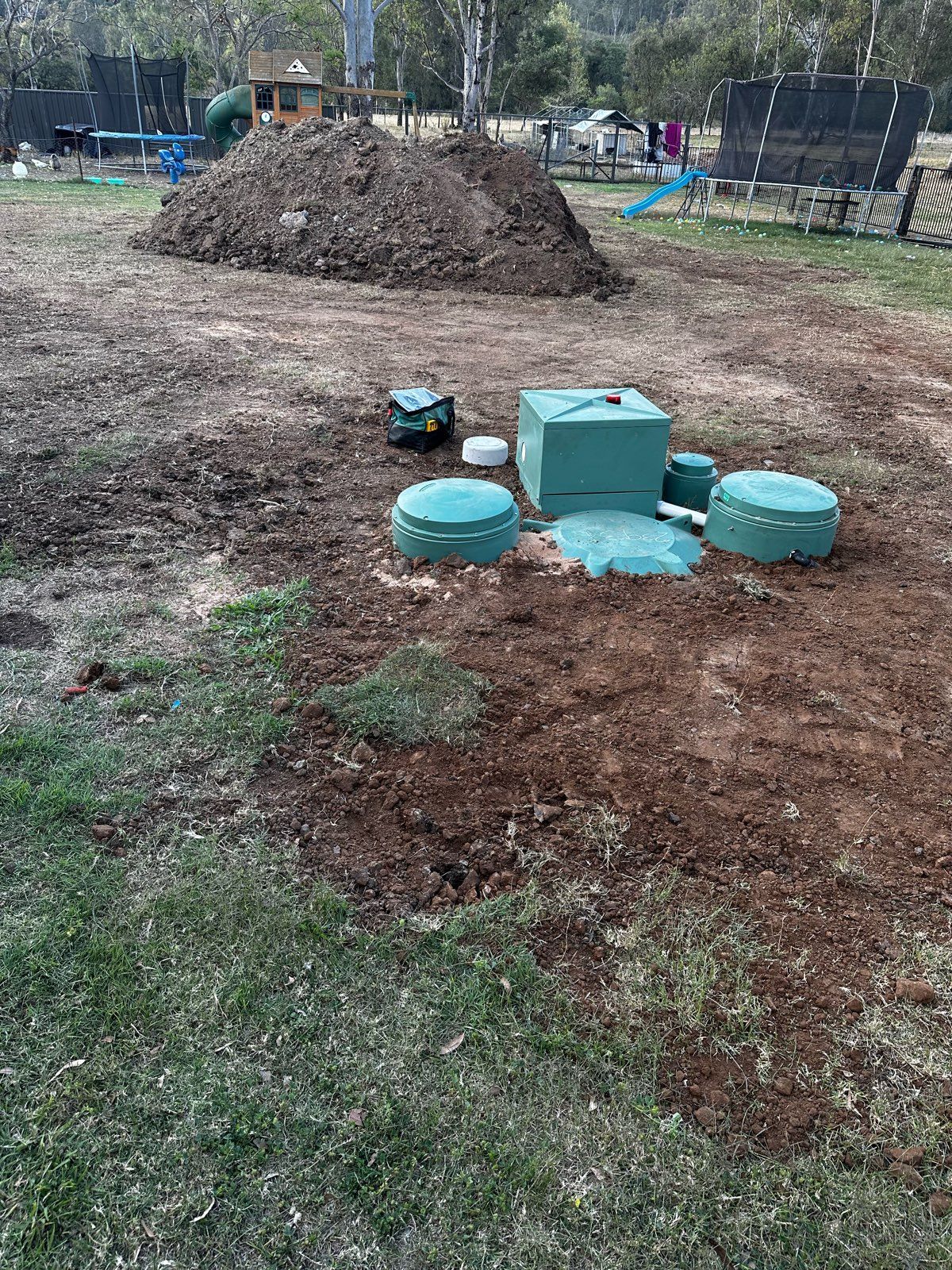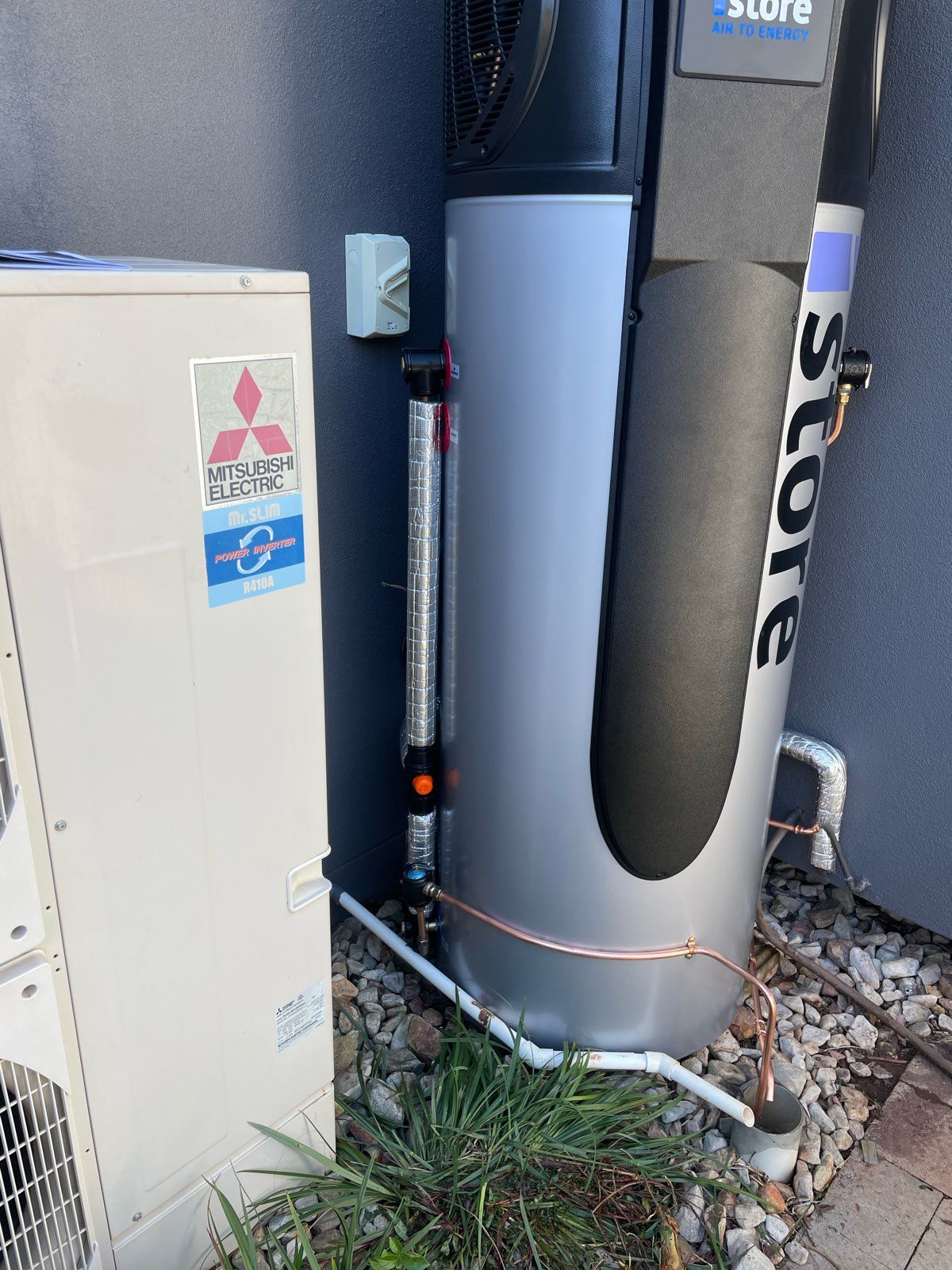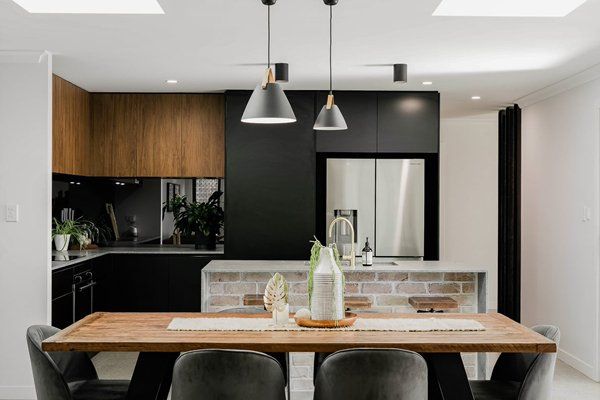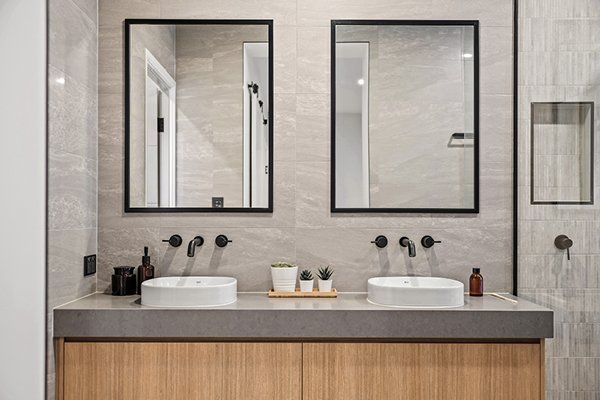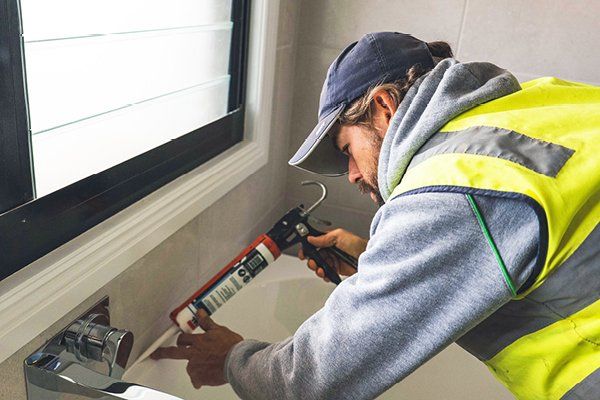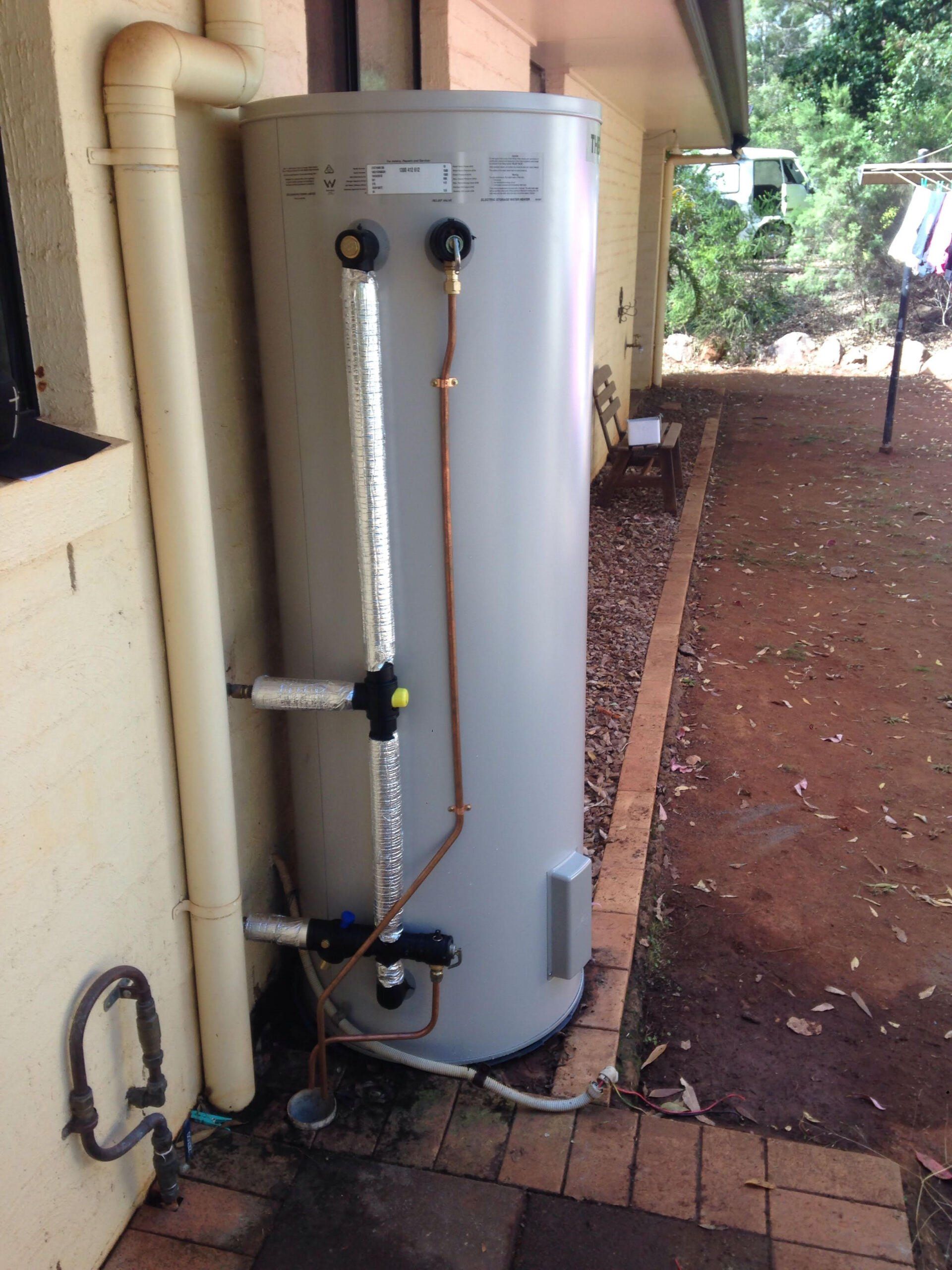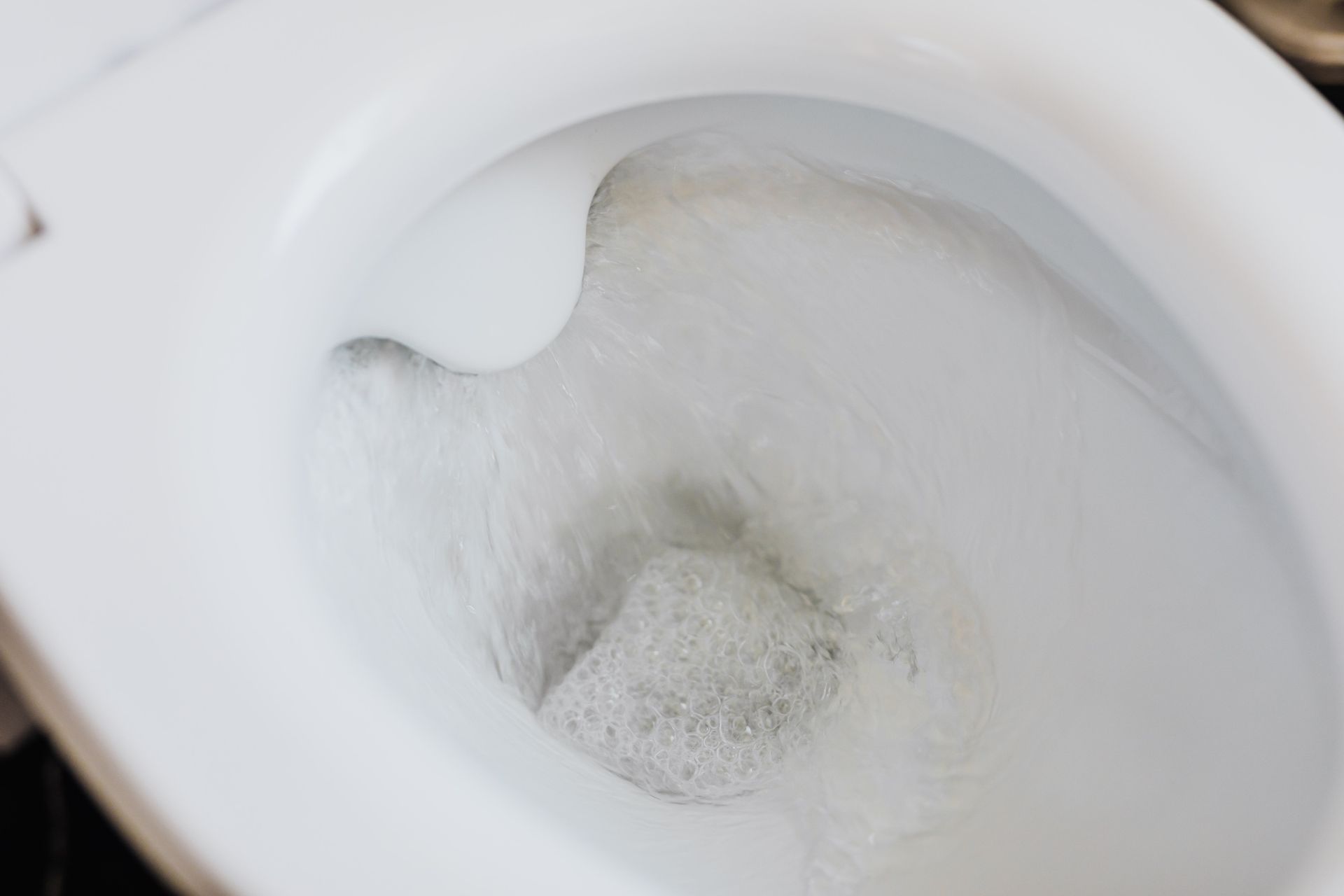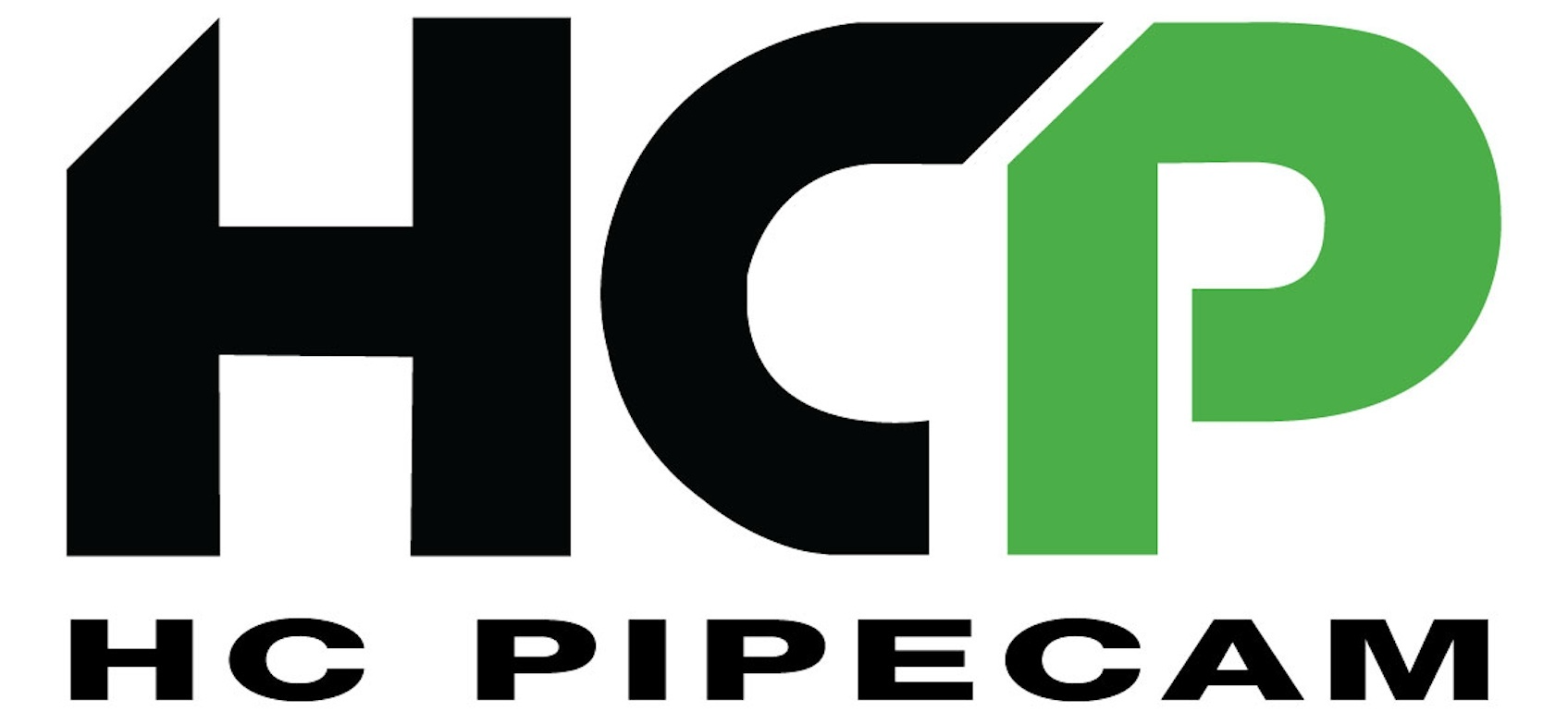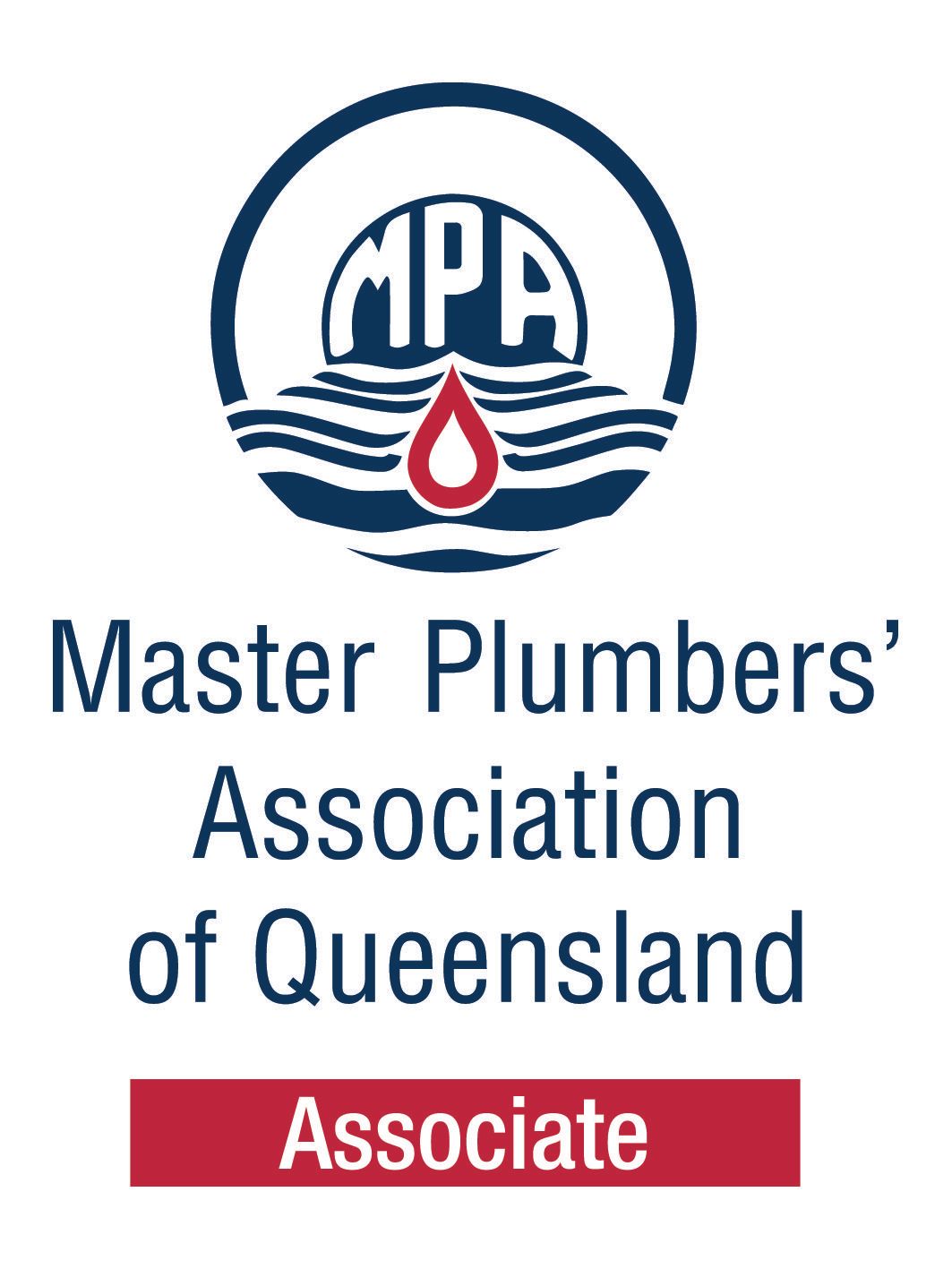How do you know when it is time to call a plumber about your blocked drain?
You’ve noticed a sewerage smell... your drains are draining a little bit slowly… your toilet fills right up to the seat when you flush it… you are currently ankle deep in raw sewerage…
So just how do you know when it is time to give up on Draino and call in the professionals?
As a matter of fact, should you bother with Draino at all?
You need to call a plumber when:
- More than one of your drains is affected
Having multiple drains in your home blocked is a sign that the blockage is affecting a more major sewerage line than you are likely to be able to clear yourself, a plumber and their specialist equipment will likely be needed to rectify the issue.
- If you have raw sewerage entering your home
If sewerage is spilling into your home we suggest you call a plumber immediately and ensure you do not flush any toilets or run any water until they arrive in order to ensure that you don’t add any additional waste water to the situation.
- If you have sewerage backing up in your yard surrounding your home
If you notice sewerage coming out of a vent near your home, this is a sign of a definite blockage, but also a good sign that the safeguards that have been put in place to prevent the sewerage backing up inside your home are working. Call a plumber and avoid using toilets and drains.
- If you have tried a plunger, drain chemicals etc but the drain is still blocked
Generally if you have already attempted to clear the drain, but to no avail, it is time to call a plumber.
Should you ever use Draino or other chemicals in an attempt to unblock your drain yourself?
Generally we don’t recommend using caustic drain cleaners in an attempt to unblock your drain. The chemicals contained in them are harsh and are dangerous to both you, and often to your drain.
If you have a slow drain, we recommend attempting the following, at home methods to try and clear it yourself:
Vinegar & Bi Carb Soda:
Vinegar & Bi carb soda really are the two hardest working cleaning agents on the planet and can just about work magic with their ability to clean and deodorise.
When you notice your drain is slow we suggest you:
- Fill your kettle up to full and bring it to the boil. Then pour all but approx. 1 cup hot water down the drain (be careful if the drain is very slow to pour slowly so as not to overfill a sink with boiling water)
- Once the boiling water has cleared the drain, tip ½ a cup of bi carb soda down the drain (use a metal skewer or the tip of a spoon to push all of the bi carb down into the drain pipe)
- Mix 1 cup of vinegar in with the 1 remaining cup of hot water and pour them down the drain on top of the bi carb
- Pop the plug in and let the drain sit for approx. 10 minutes.
- While you are waiting, boil the kettle again
- After 10 minutes, remove the plug and tip the kettle of boiling water down the drain once more (be careful not to splash yourself with hot water).
- Run the hot water (from the tap) and ensure your drain is now draining nicely - if not, repeat the process.
Dishwashing liquid:
Many blockages (particularly in kitchens) are due to a buildup of grease. Dishwashing liquid is specially formulated to break this down.
- Pour ½ to 1 cup of dishwashing liquid down your slow drain and let it sit for 30 minutes (we’re hoping it works it way through)
- After 30 minutes, boil your kettle, slowly and carefully pour it down the drain (being careful not to splash yourself)
- Run the hot water (from the tap) and ensure your drain is now draining nicely - if not, repeat the process.
In the event that you are unable to clear your blocked or slow drain yourself, or if you have checked off one or more of the 'you need to call a plumber when' dot points above - please give us a bell on
0439 648 390 to come and rectify your issue!
EXPLORE MORE
